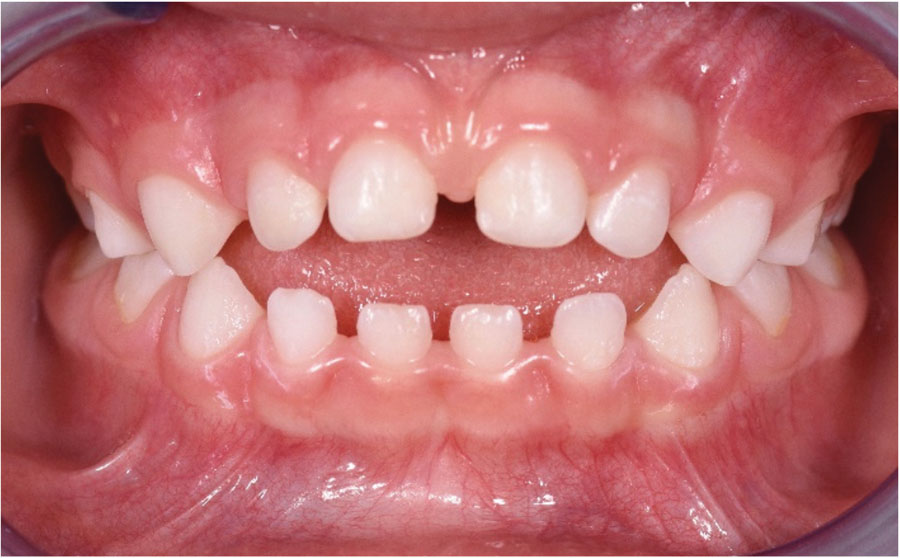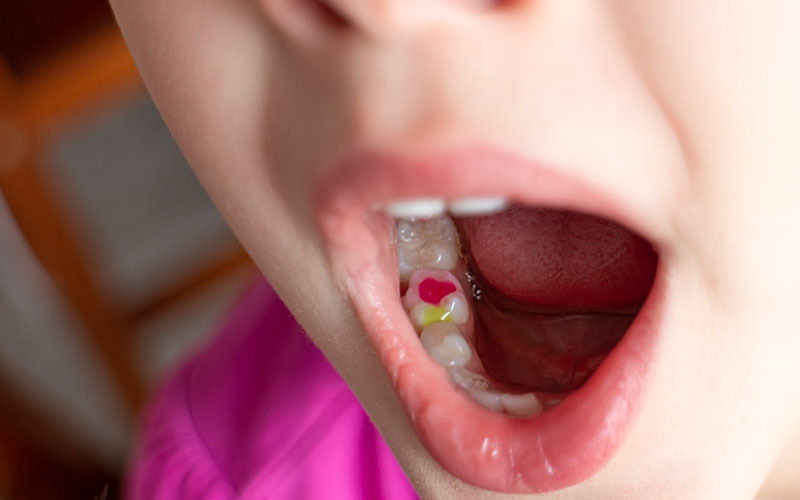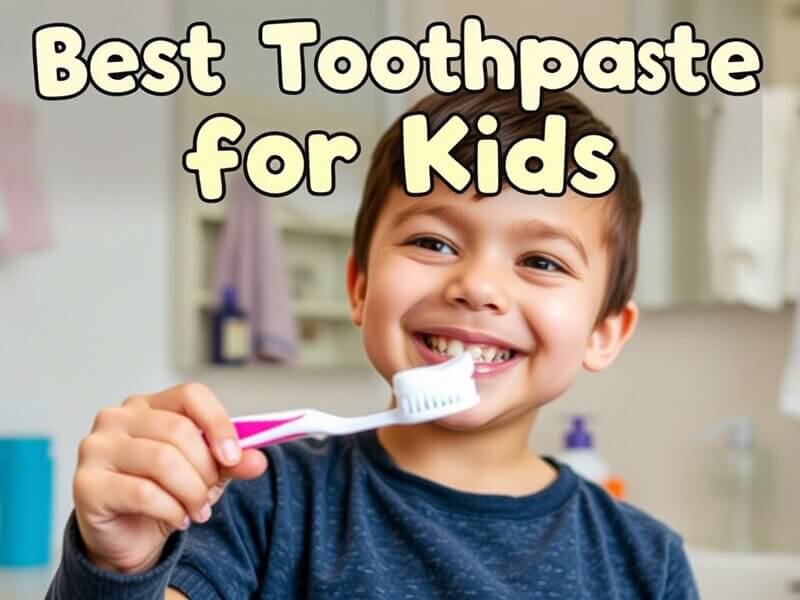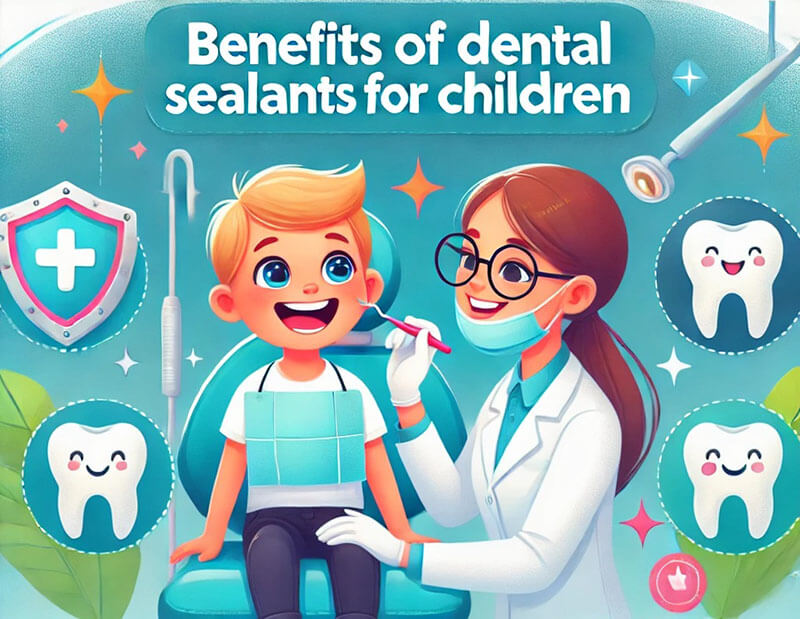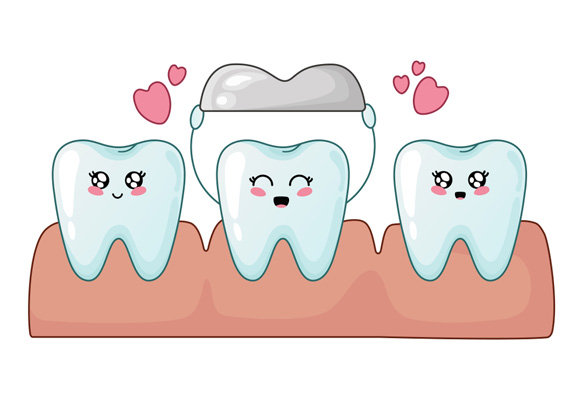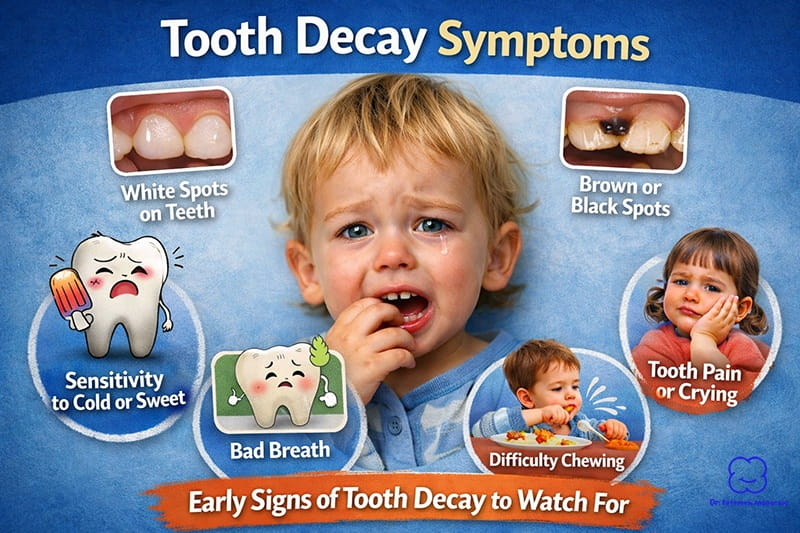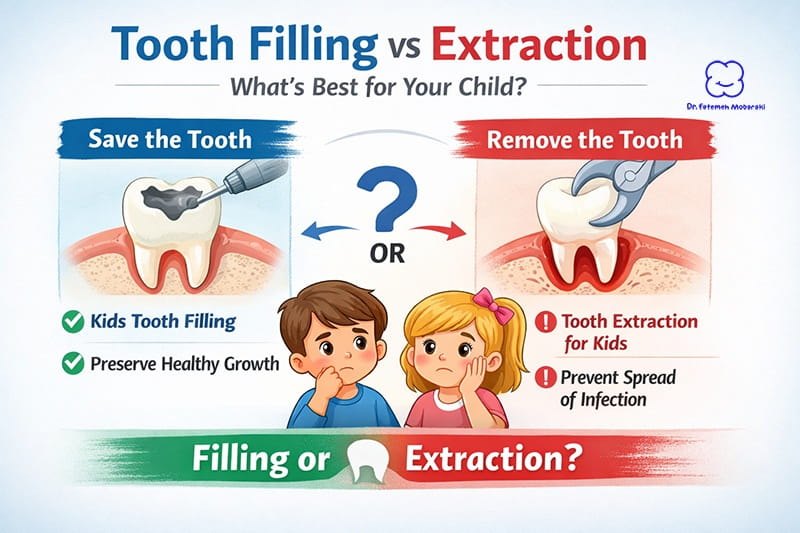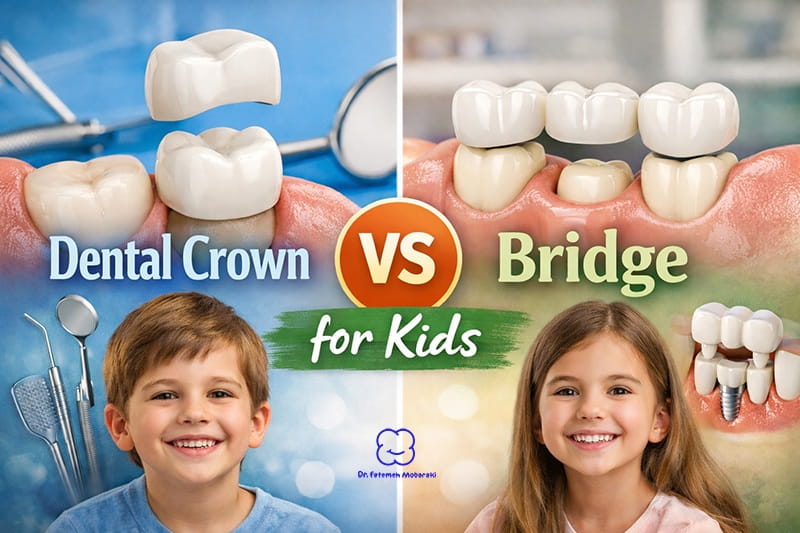Pacifiers can be a lifesaver for parents dealing with a fussy baby. However, there are common concerns about the potential effects of pacifier use on dental development, which is why consulting a pediatric dentist in Dubai can be beneficial. “Pacifier teeth in children” is a condition that can arise due to extended pacifier use, potentially leading to misaligned teeth or other dental issues. In this article, we will explore the impact of pacifier use on dental development, offering practical advice on minimizing risks and ensuring your child’s healthy smile.
How Pacifier Use Affects Dental Development
Pacifiers can provide comfort for infants, but prolonged use can impact the growth and alignment of children’s teeth. When used beyond the recommended age, pacifiers may influence the way teeth develop, which can lead to a condition commonly called “pacifier teeth.” This condition can involve misalignment of the teeth or changes in the shape of the roof of the mouth, especially if a child continues using a pacifier past the age of three.
1. Tooth Misalignment
Prolonged pacifier use can cause the front teeth to slant outward or become misaligned. This issue is particularly prevalent if the pacifier is used past the age when most children naturally stop. Over time, the suction created by the pacifier can put pressure on developing teeth, leading to crowding or improper positioning.
2. Changes to the Jaw and Palate
The continuous sucking motion associated with pacifier use can also impact the jaw and the shape of the palate (roof of the mouth). When children habitually use pacifiers, it may cause the palate to become arched rather than develop into its natural rounded shape. This change can lead to orthodontic issues later in life, requiring professional intervention.
3. Impact on Bite
Another concern is the impact of pacifier use on a child’s bite. Pacifier teeth in children can include open bite—a condition where the top and bottom front teeth do not meet properly when the mouth is closed. This misalignment can impact a child’s ability to bite and chew effectively, and in some cases, may even affect speech development.
Minimizing the Risks of Pacifier Use
To avoid the development of pacifier teeth in children, it’s crucial to establish limits on pacifier use. Here are some tips for minimizing risks:
1. Limit Pacifier Use After Age Two
Pediatric dentists recommend gradually limiting pacifier use starting around age two. While pacifiers can be beneficial in the first year of life—helping to reduce the risk of sudden infant death syndrome (SIDS)—it’s important to start weaning your child off the pacifier before it begins to affect their dental development.
2. Encourage Alternative Comfort Methods
Instead of relying on a pacifier, try introducing other comfort methods, such as cuddling with a favorite toy or blanket. This approach can help your child transition away from the pacifier without feeling anxious or distressed.
3. Monitor Dental Checkups
Regular visits to a pediatric dentist are essential for monitoring your child’s dental health. Schedule an appointment with our clinic today to ensure your child’s smile stays healthy and bright. Dentists can identify early signs of misalignment or other issues caused by pacifier use and suggest corrective measures if necessary. Early detection can often prevent the need for extensive orthodontic treatment later.
4. Positive Reinforcement for Quitting
Quitting the pacifier can be challenging for many children. Positive reinforcement, such as praise or small rewards, can encourage your child to give up the pacifier. The process can be gradual—reducing pacifier use during the day before eliminating it entirely.
When to Stop Pacifier Use
Most pediatric dentists agree that pacifier use should ideally be discontinued by age three, if not earlier. By this time, most children are well past the age of needing the sucking reflex for comfort, and extended use only increases the risks of dental issues. It’s important for parents to establish a plan for weaning their child off the pacifier before it becomes a habit that’s difficult to break.
Benefits of Pacifier Use in Infancy
It’s worth noting that pacifiers do have their benefits, particularly during the infant stage. Pacifiers can soothe a baby and help them sleep better, and they are also associated with a reduced risk of SIDS when used during sleep. However, these benefits diminish as the child grows older, which is why it’s important to understand when to stop.
Professional Help for Pacifier Teeth in Children
If you notice any signs of dental issues related to pacifier use, consult a pediatric dentist. They can evaluate your child’s teeth and bite, recommending treatment options if necessary. In some cases, stopping pacifier use early may allow the teeth to naturally correct themselves without the need for orthodontic intervention. If treatment is required, early action can help reduce the extent and cost of correction needed.
Conclusion
Pacifier use is a common and often helpful tool for parents, but it comes with certain risks to a child’s dental development if not managed properly. Understanding the potential impact of prolonged pacifier use on teeth, jaw, and bite alignment is key to preventing issues like “pacifier teeth in children.” By following best practices for limiting pacifier use and seeking regular dental care, you can help ensure your child maintains healthy dental development.
FAQ
When should my child stop using a pacifier?
It is recommended to stop pacifier use by age three to avoid dental issues, with gradual weaning starting around age two.
Can pacifier use really damage my child’s teeth?
Yes, prolonged pacifier use can cause issues like misaligned teeth, open bites, and changes in the shape of the palate.
How can I help my child stop using a pacifier?
Use positive reinforcement, introduce comfort alternatives like a toy or blanket, and gradually reduce pacifier use during the day.
Will my child’s teeth correct themselves after stopping pacifier use?
In some cases, early cessation of pacifier use allows the teeth to naturally correct. However, professional dental evaluation is recommended.
Are pacifiers ever good for my baby?
Yes, pacifiers can be helpful during infancy by soothing the baby and reducing the risk of SIDS, but should be discontinued as the child grows older.

